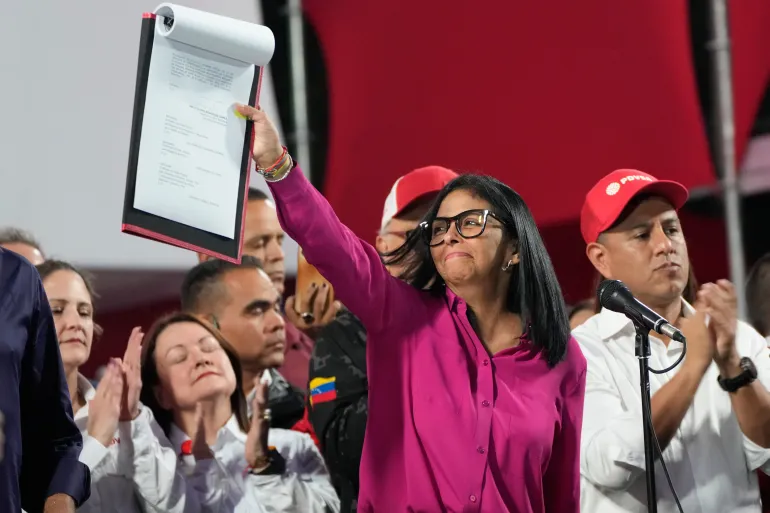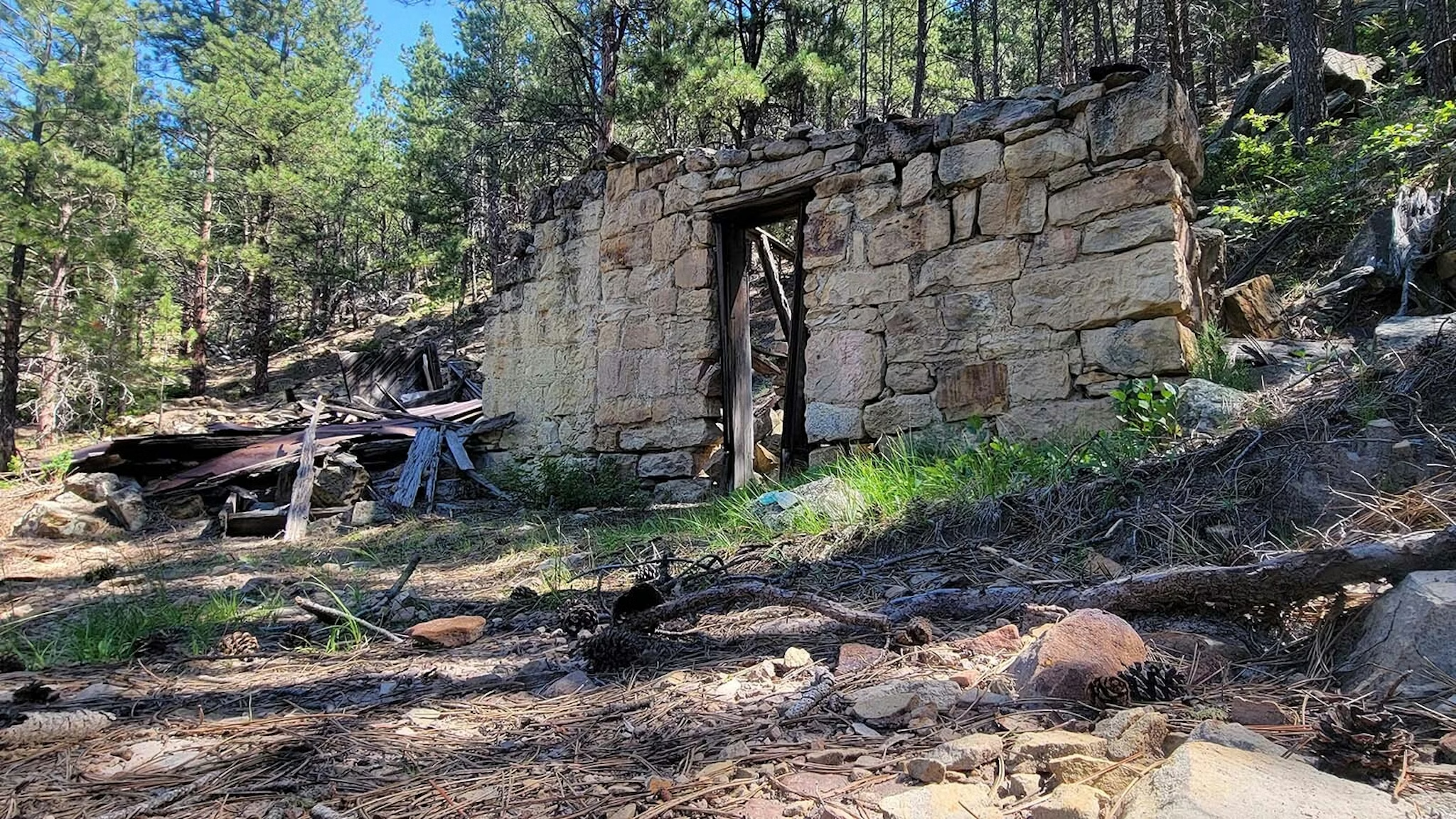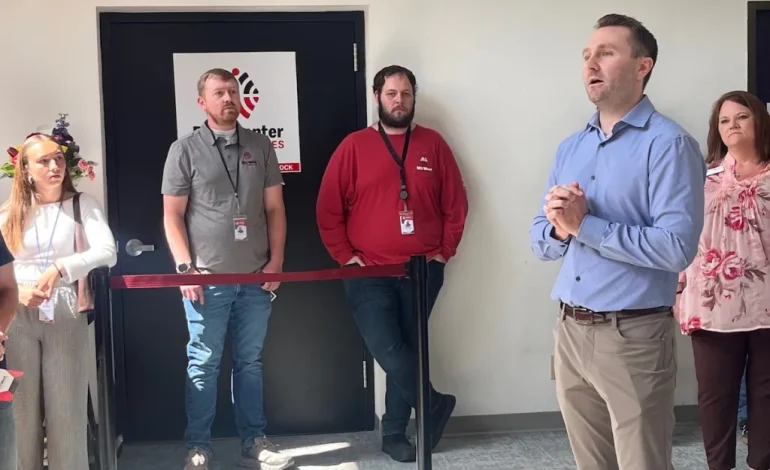Wyoming is confronting a growing labor shortage that state officials say could lead to long-term economic decline if not addressed through structural reforms, WyoFile reports.
According to the Wyoming Business Council, a combination of out-migration and a lack of competitive job opportunities is driving residents—especially young people—to seek opportunities elsewhere.
“The opportunities in Wyoming are not good enough, and there aren’t enough of them to retain our youth,” said Josh Dorrell, CEO of the Wyoming Business Council. “But it’s actually not just the youth—we’re seeing out-migration rates that are more than double the national average.”
Roughly 60% to 70% of Wyoming-born residents leave the state permanently by age 30, according to data presented by the council. Employers have cited the limited workforce as the top obstacle to growing or relocating businesses in the state, creating a cycle that officials say must be broken.
The council is calling for significant changes to Wyoming’s approach to economic development, beginning with reforms to its Business Ready Community (BRC) grant and loan program. Historically used to extend infrastructure like water and sewer lines to business sites, the program has invested more than $416 million into 396 projects between 2004 and 2019. However, Dorrell says it hasn’t delivered the long-term results needed to build a resilient economy.
“We need to broaden the focus beyond business parks to include investments that improve quality of life for the entire community,” Dorrell said. “That’s what really attracts businesses and workers today.”
A case in point is Rawlins, where infrastructure funding could extend water lines to a business park—but wouldn’t address the community-wide water system that serves where employees live. More holistic infrastructure investment, according to both the Business Council and the Wyoming Association of Municipalities, is essential for lasting economic development.
To encourage greater local investment, the council is proposing changes to the BRC program, including increasing the required local match to at least 25%. The goal is to prompt communities to raise more revenue through optional sales taxes or mill levies.
“When we put a little pressure on local leaders, they rise to the occasion,” said Sarah Fitz-Gerald, the council’s chief strategy officer. “We believe this will lead to better, more community-driven projects.”
However, not all local leaders are confident about the proposal. Ashley Harpstreith, executive director of the Wyoming Association of Municipalities, expressed concern about the ability of communities to meet higher match requirements—especially after recent cuts to property taxes.
“I think it’s going to highlight the inability for locals to raise funds right now in these trying times,” Harpstreith said. “But it does realign the program closer to its original intent.”
Underlying these discussions is a broader call for state-level reforms, particularly to Wyoming’s tax and revenue system, which remains heavily reliant on extractive industries. Though changes to that system are beyond the Business Council’s direct authority, officials believe a more diversified economic approach is necessary for the state’s long-term resilience.
The Business Council’s presentation, originally scheduled for a May meeting of the Joint Minerals, Business and Economic Development Committee, will now be discussed at a rescheduled session on July 29–30 in Casper. In the meantime, the council is accepting public comments on its proposed rule changes to the BRC program through July 27.
For more information or to submit feedback, visit the Wyoming Business Council’s website.










The latest news in your social feeds
Subscribe to our social media platforms to stay tuned